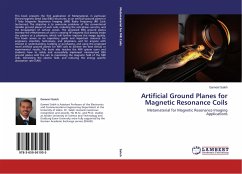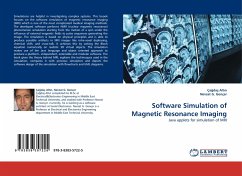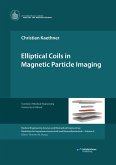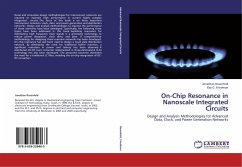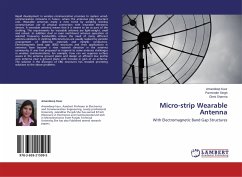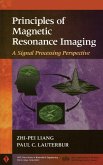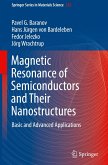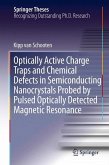This book presents the first application of Metamaterial, in particular Electromagnetic Band Gap (EBG) structures, as an artificial ground planes in 7 Tesla Magnetic Resonance Imaging (MRI) Radio Frequency (RF) Coils (antennas). The objective is to overcome problems of the conventional metallic ground planes of such coils, including the anti-phase currents, and the propagation of surface waves. The proposed EBG ground planes increase the effectiveness of coils in creating RF magnetic flux density inside the patient or a phantom, which will further improve the image quality. This book serves as an expository guide and important resource for engineers, scientists, technicians, and physicians, and for anyone with interest in understanding, building or purchasing, and using the proposed novel artificial ground planes for MRI coils to achieve the best clinical or experimental results. The book also teaches the MRI system users and students how to safely and successfully implement miniaturized EBG ground planes with the aim to maximizing the magnetic field of the MRI coils, minimizing the electric field, and reducing the energy specific absorption rate (SAR).
Bitte wählen Sie Ihr Anliegen aus.
Rechnungen
Retourenschein anfordern
Bestellstatus
Storno

